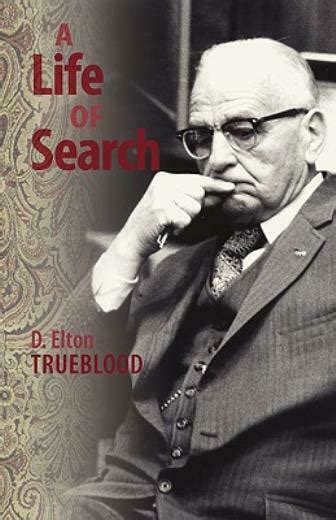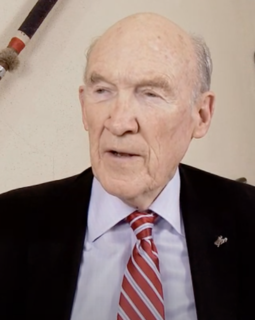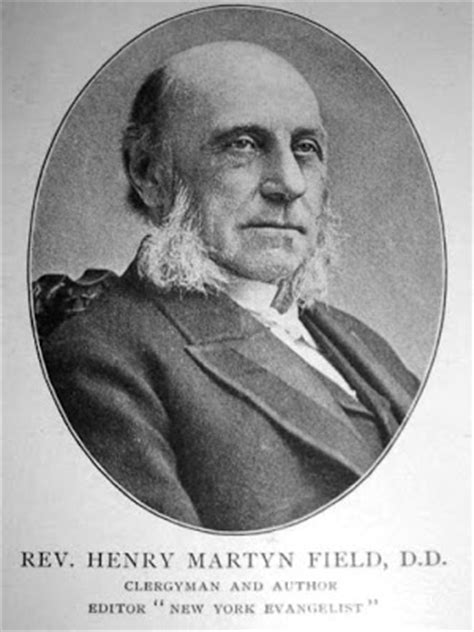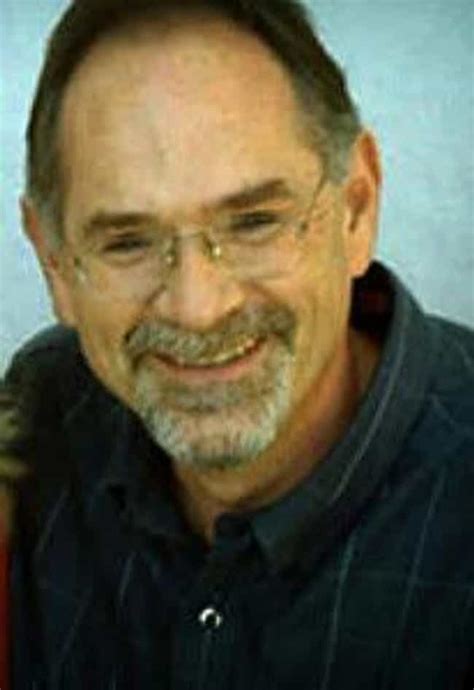A Quote by D. Elton Trueblood
The ultimate verification of our religion consists of the changed lives to which it can point and for which it is responsible.
Quote Topics
Related Quotes
A society like ours, which professes no one religion and has allowed all religions to decay, which indulges freedom to the point of license and individualism to the point of anarchy, needs all the support that responsible, cultivated homes can furnish. I hope your generation will provide a firmer shelter for civilized standards.
At the center of our being is a point of nothingness which is untouched by illusion, a point of pure truth, a point or spark which belongs entirely to God, which is never at our disposal, from which God disposes of our life, which is inaccessable to the fantasies of our own mind or the brutalities of our own will. This little point of nothingness and of absolute poverty is the pure glory of God in us.
It does not follow, because our ancestors made so many errors of fact and mixed them with their religion, that we should therefore leave off being religious at all. By being religious we establish ourselves in possession of ultimate reality at the only points at which reality is given us to guard. Our responsible concern is with our private destiny, after all.
A fact is a proposition of which the verification by an appeal to the primary sources of our knowledge or to experience is directand simple. A theory, on the other hand, if true, has all the characteristics of a fact except that its verification is possible only by indirect, remote, and difficult means.
But it is doubtless true, and evident from [the] Scriptures, that the essence of all true religion lies in holy love; and that in this divine affection, and an habitual disposition to it, and that light which is the foundation of it, and those things which are the fruits of it, consists the whole of religion.
It makes that a virtue which is not a virtue, and that a crime which is not a crime. Religion consists in a round of observances that have no relation whatever to natural goodness, but which rather exclude it by being a substitute for it. Penances and pilgrimages take the place of justice and mercy, benevolence and charity. Such a religion, so far from being a purifier, is the great corrupter of morals.
No religion is absolutely perfect. Yet not only do we fight for religion, but also are we often willing to sacrifice our lives for it. And what we hopelessly fail to do is to live it. A true religion is that which has no caste, no creed, no colour. It is but an all-uniting and all-pervading embrace.
But yet it is evident that religion consists so much in affection, as that without holy affection there is no true religion; and no light in the understanding is good which does not produce holy affection in the heart: no habit or principle in the heart is good which has no such exercise; and no external fruit is good which does not proceed from such exercises.



































